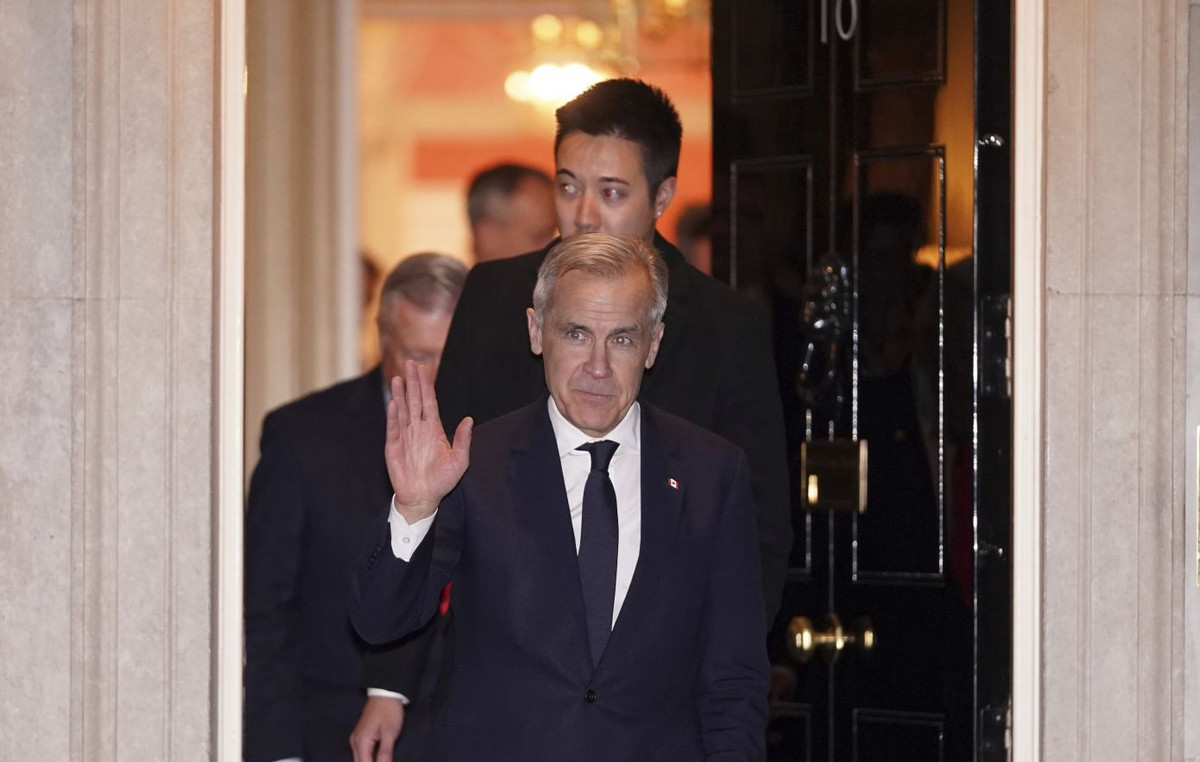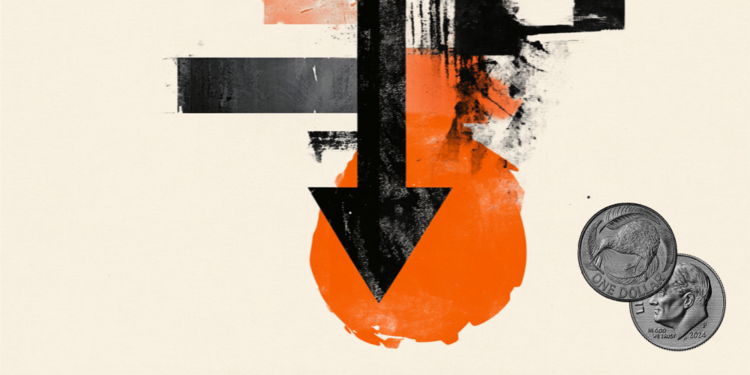JetBlue Airways announced on Thursday (28) that it wants to buy Spirit Airlines, a combination that would create the fifth-largest airline in the United States.
The announcement comes a day after Spirit canceled a deal to merge with Frontier.
JetBlue had been making a hostile bid for Spirit even as Spirit sought shareholder approval for a lower-price deal with Frontier.
Spirit has always expressed concern whether regulators would approve a deal with JetBlue, but shareholders refused to accept Frontier’s less valuable cash and stock offer when they had JetBlue’s cash offer on the table.
JetBlue CEO Robin Hayes said the deal will be beneficial to investors and passengers.
“We are excited to deliver this compelling combination that fuels our strategic growth, enabling JetBlue to bring our unique combination of low fares and exceptional service to more customers, on more routes,” he said in a statement.
higher rates
Industry experts said the deal could lead to higher tariffs across the industry. A Frontier-Spirit deal, on the other hand, would have brought together two airlines with very low base fares.
None of the airlines have first or business class seats.
The presence of Spirit or Frontier on a route typically forces larger airlines such as American, United and Delta to offer more seats at their similar basic economy fares.
JetBlue might argue that it charges less than the biggest network operators, but its airfares are higher than those of Spirit and Frontier.
And JetBlue plans to reconfigure Spirit planes if it acquires the airline to add first-class seats.
“Spirit and Frontier play a big part in the fare you pay, even if you never fly either,” said Scott Keyes, founder of Scott’s Cheap Flights, a website that helps passengers find cheaper fares.
“When Delta announced the Basic Economy Fare in 2012, they described it to investors as a ‘Spirit Compatible Fare’ because their lunch was being eaten by the world’s economy carriers. I’m not a fan of either merger, but I like the JetBlue option even less.”
For that reason, JetBlue’s deal with Spirit could face strong antitrust scrutiny from the US Department of Justice, particularly if the Justice Department finds the acquisition harmful to consumers.
The deal proposed by JetBlue Spirit is smaller than many airline mergers in recent decades, which have turned the top 10 US airlines into four mega-carriers that control 80% of US air traffic.
But the Biden administration has taken a much more aggressive stance on antitrust law issues and has promised to promote greater competition in the airline industry.
Biden’s Justice Department has filed a lawsuit to block an alliance between American and JetBlue that allows each airline to book passengers on the other’s flights. Spirit pointed to this legal action by arguing that a deal with JetBlue would not get the necessary approval.
More competition?
But those doubts about a deal with JetBlue were not found in Spirit’s comments on Thursday.
“We are thrilled to team up with JetBlue through our enhanced agreement to create a challenging low-fare landscape for the dominant US carriers,” said CEO Ted Christie.
In an interview with CNBC on Thursday, Christie was pressed about his criticism of the JetBlue offer in the past and his doubts about regulators approving the deal.
“We’ve learned a lot in the last few months,” he said.
“They have an aggressive strategy to close this deal. We will be by their side making sure that happens, because it’s good for our group. Part of the narrative is that this will create a major national competitor to the Big Four.”
JetBlue’s Hayes said the best argument for regulators is that this deal will provide another major national carrier and create more competition, not less.
“We are focused on completing this deal,” he told CNBC.
“We are focused on bringing more planes, offering more low fares and great products to customers in more geographies than JetBlue or Spirit could do alone.”
While passengers may like the low fares offered on Spirit and Frontier, they typically don’t like the service.
Spirit had by far the highest number of passenger complaints in 2021, with 11.45 complaints per 100,000 passengers, according to the US Department of Transportation.
JetBlue had the second highest number of complaints on that basis with 6.38, while Frontier was third with 5.78.
Frontier had by far the worst complaint rate in 2020, when it recorded 49.31 complaints per 100,000 customers.
The deal
The deal announced on Thursday would pay Spirit shareholders $33.50 per share in cash, including a prepayment of $2.50 per share in cash to be paid upon approval of the transaction by Spirit shareholders — even before closing the deal.
JetBlue will pay Spirit shareholders an additional 10 cents a month for any closing delays after December this year, which could raise the price to $34.15 a share.
And if regulators block the deal, JetBlue will pay Spirit $70 million, and its shareholders will receive another $400 million.
Spirit will have to pay Frontier $25 million to cover costs incurred by Frontier during merger discussions.
If JetBlue is able to close its deal with Spirit within the next 12 months, Spirit will owe Frontier an additional $69 million.
On Wednesday night, when its deal with Spirit ended, Frontier expressed regret but promised it could grow even without a merger.
“With JetBlue looking to convert Spirit Airlines into a high-cost carrier, Frontier will be unrivaled as an ultra-low-cost leader,” he said.
If JetBlue closes the deal this year for $33.50, that would be a 38% premium to Spirit’s closing price on Wednesday and about $1 billion more than Frontier’s offer was worth.
Spirit shares were up 4% in premarket trading on the news, while JetBlue shares were up 1%. Border actions were little changed.
Source: CNN Brasil
I am Sophia william, author of World Stock Market. I have a degree in journalism from the University of Missouri and I have worked as a reporter for several news websites. I have a passion for writing and informing people about the latest news and events happening in the world. I strive to be accurate and unbiased in my reporting, and I hope to provide readers with valuable information that they can use to make informed decisions.







